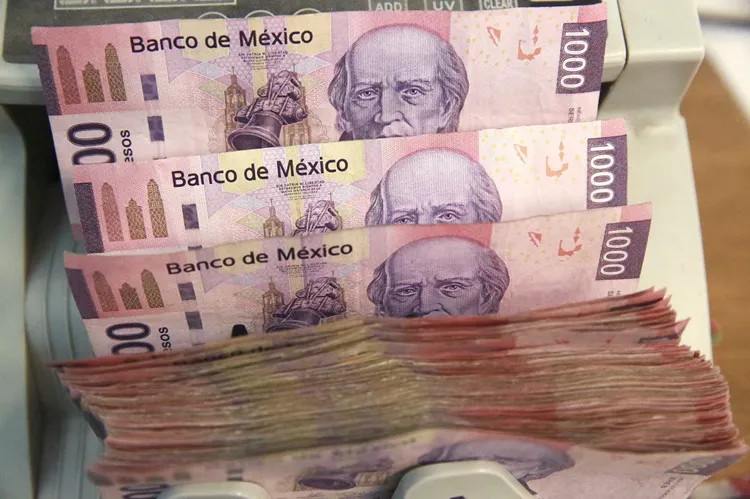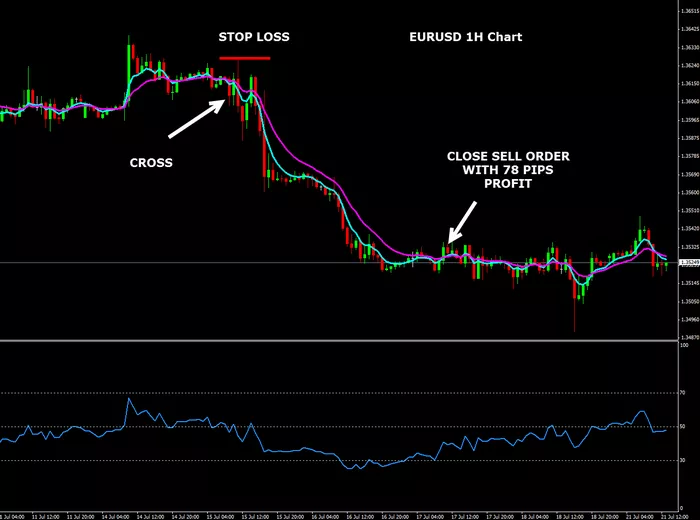South Korea’s National Assembly has voted for a legal amendment to postpone the implementation of the crypto tax until January 2027. This occurred before President Yoon Seok-yul’s declaration of martial law on December 3. However, the current political chaos, with the opposition leader’s actions and the National Assembly’s focus on matters like budget approval and possible impeachment, has derailed the progress of crypto-related legislation.
Pause on Crypto-related Matters
All-stop Order
The Assembly has agreed to an “all-stop” on all virtual asset-related issues. This means crucial matters such as the long-standing ICO ban review, the decision on domestic companies using balance sheets to buy crypto, STO legalization, and the ruling on Bitcoin spot ETF legality will remain unresolved. These issues have been overshadowed by the impeachment situation, and no votes are expected in the near future. Instead, the Assembly is concentrating on martial law, impeachment, and the next presidential election.
Impact on the Industry
The crypto industry, which was awaiting legislative clarity, now faces another extended period of uncertainty. Firms must brace for a sluggish wait for change. There are concerns that more domestic blockchain and virtual asset companies and investors may relocate overseas due to the current situation.
Some Hope and Comparisons
Guidelines and Delays
The Financial Services Commission has finalized step-by-step guidelines for corporate crypto accounts. While this offers some relief, STO-related discussions won’t progress until the first half of next year despite bipartisan agreement in principle.
International Comparisons
Industry players have urged South Korea to act faster, highlighting that in the US, President-elect Donald Trump is planning to appoint personnel for virtual asset policies before taking office. South Korea’s delay in providing clear guidelines contrasts with this proactive approach, leaving the crypto sector in a state of limbo until at least mid-2025.
Related topics:






























